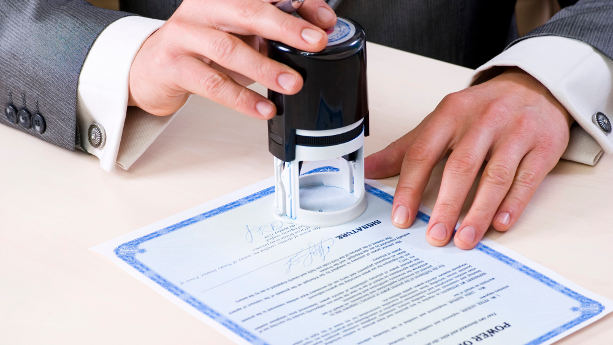
Certification of products
Despite significant progress in reducing state interference and regulatory oversight in commercial activities, the government retains the authority to require manufacturers to obtain mandatory certification for certain products to ensure they meet specific standards and technical requirements. This applies particularly to products whose improper production poses risks to human health and safety.
Mandatory product certification is a widespread practice not only across Europe but also globally. In the context of the European Union's harmonized legislation on quality and safety, it is a key aspect of European regulatory practice.
If a manufactured or imported product is listed under the relevant laws, its manufacturer must obtain a certificate of conformity and other documents verifying the product's quality. Without these, the use, operation, and sale of such products in the local market are prohibited. Regulatory authorities strictly enforce these requirements, and products that have not undergone such inspection are often barred from entering the country.